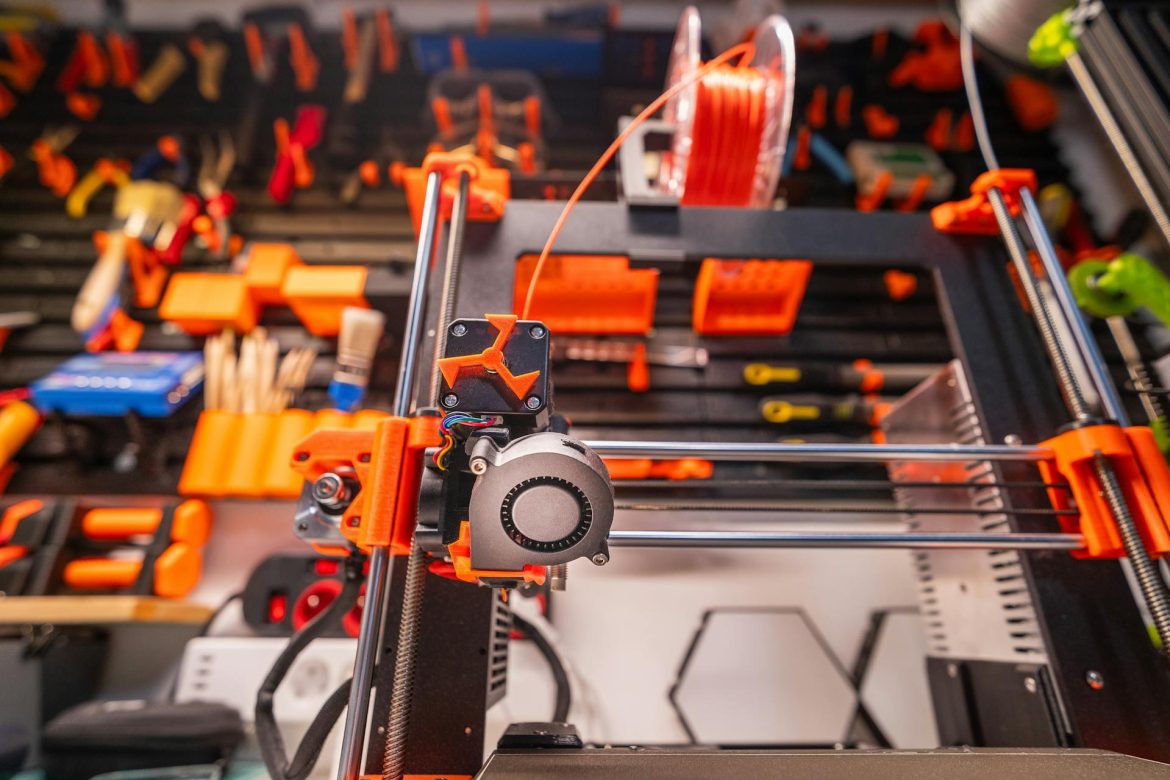Electronics manufacturers are the spine of modern-day industries, producing important components and devices that people all around the world ask for. For businesses sourcing electronic products or gadgets, understanding the nuances of this area is vital for making strategic decisions.
This manual unpacks key insights into electronics manufacturers tailored to assist organizations to thrive within the B2B landscape.
Understanding the Role of an Electronics Manufacturer
An electronics manufacturer runs a commercial enterprise while focusing on the latest designing. They can help in generating, and assembling digital devices and gadgets. These manufacturers are perfectly capable of serving numerous industries, which include telecommunications, cars, healthcare, and commercial systems. Their operations range from producing printed circuit boards (PCBs) and semiconductors to assembling goods like smartphones or scientific gadgets.
Factors to Consider When Choosing an Electronics Manufacturer
The right electronics manufacturer can take a business a long way. They can not only help introduce innovation but also satisfy consumers. Thus, businesses should make sure they choose the right one. To do that, there’s a few points a business needs to consider:
Quality Assurance in Electronics Manufacturing
Product quality is the highest priority in electronics manufacturing. Professional manufacturers adhere to worldwide quality requirements, including ISO 9001 or ISO/TS 16949. Corporations ought to assess a manufacturer’s quality control techniques, consisting of:
- Incoming raw material inspection.
- Careful testing of finished products.
- Compliance with safety and regulatory standards.
Manufacturing Capabilities and Technology
An electronics manufacturer’s technological abilities substantially impact production efficiency and innovation. Advanced manufacturing strategies, such as surface-mount technology (SMT) and automation, allow precision and scalability. Businesses have to evaluate a manufacturer’s ability to deal with complex designs and large-scale manufacturing.
Cost and Lead Times
Balancing cost with quality and lead times is crucial. Competitive pricing must no longer compromise the reliability or performance of products. Companies must additionally keep in mind the producer’s ability to meet deadlines, as delays can disrupt supply chains and consumer relationships.
Trends Shaping the Electronics Manufacturer Enterprise
The electronics manufacturing enterprise is constantly evolving to adapt to emerging technology and market needs. Businesses need to stay informed about ultra-modern developments to align their techniques effectively.
Sustainability in Electronics Production
Many electronics producers are adopting sustainable practices, which include using eco-friendly substances, lowering waste, and implementing energy-efficient strategies. Organizations working with sustainable manufacturers make contributions to a greener supply chain even as meeting regulatory requirements.
The Rise of Smart Manufacturing
Electronics manufacturers are now well-known for their latest innovations and smart productions. With the introduction of AI and robotics, the industry has evolved a lot in the previous years. Now, smart manufacturing is the way to go. Businesses investing in smart producers gain a competitive advantage over the ones who are sticking to traditional ways and products.
Conclusion
Electronics manufacturers hold great importance, especially in today’s digital world. Nowadays, everyone prefers the latest tech and items. If a person wants to run a profitable business, finding a reliable electronics manufacturer is surely the right way to go.
Businesses can create new products and introduce new inventions and technology, making a reputable place in the market. While doing this, remmeber to stay up to date on market trends to always stay relevant and credible among the consumers.

